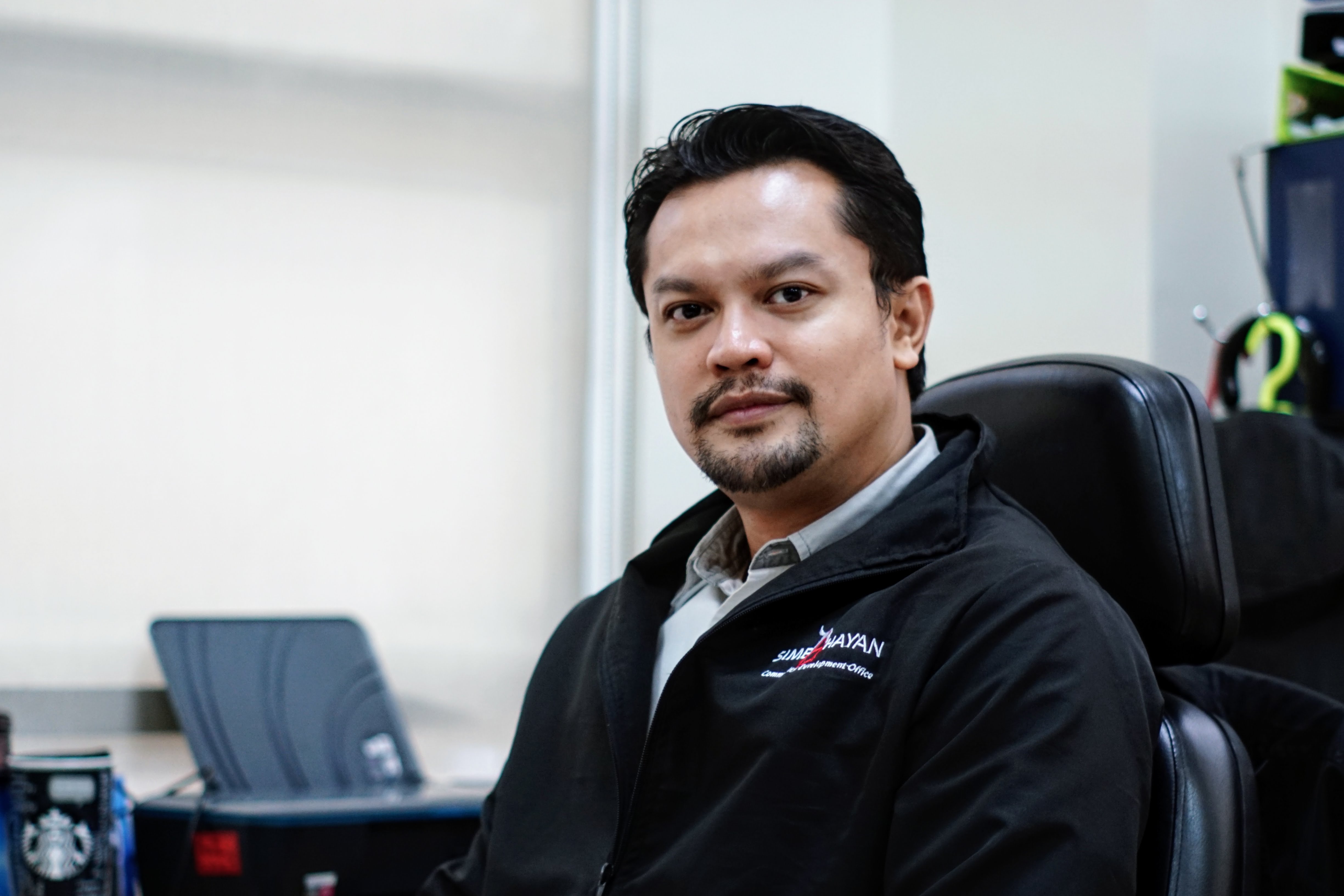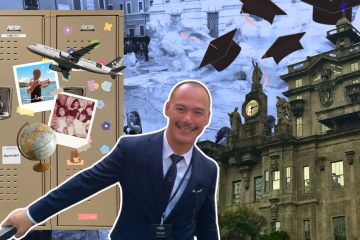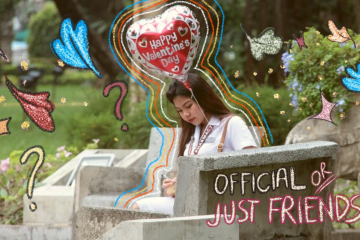
MARK ANTHONY Abenir stands on one side of his office flipping through documents, his tall figure looming over piles of paperwork stacked on the table. He adjusts his black jacket and the black frames perched atop his nose as he walks back to his desk—a vision of a simple man living in his own simple world.
This was not always the kind of life he dreamed of. In high school, Abenir envisioned a future as opulent as the lives of all the celebrities he watched on television—full of grand mansions, luxury cars, and all the riches his heart desired.
However, as he stepped into the Faculty of Arts and Letters (AB) as a philosophy student, all these plans changed. After spending a week living in a community of Aetas, Abenir realized that happiness and success are not defined by money.
A new perspective
When the University of Santo Tomas’ Simbahayan Community Development Office, formerly called as the Office of Community Development, was formed in 2001, one of its pilot projects is a week-long immersion with Aeta communities in Bambang, Tarlac.
This project did not only mark the beginning of a new chapter in the journey of the University toward forming compassionate Thomasians, but also signaled the start of what would become Abenir’s life-long endeavor in pursuit of a life of service.
“I have my foster parent [in the field]. The food that I ate was root crops and I have to accompany them going to work which [required] walking or hurdling one mountain to be able to reach to the farm area,” he shares.
Yet, amid all the obstacles the Aetas need to hurdle every day just to subsist, they displayed such a simple, genuine happiness that Abenir thought would be difficult to find in a life filled with hardship. It was this same happiness that strengthened his dedication to help others.
“[I]t really made me realize that life can be very difficult [but] people get happy about it. That gave me the kind of purpose na, ‘How can I help these people who, every day in their lives, struggle because unlike us, we have food in the refrigerator?’” he recounts.
Turning words into actions
After graduating from AB in 2003 and obtaining his master’s degree in Community Development and doctorate degree in Social Development at the University of the Philippines Diliman, Abenir returned to his beloved Faculty to teach classes in the Sociology program.
But he is not all talk; when the associate professor is not in the classroom educating the youth or in the library doing research, Abenir works quietly but efficiently, at the Tan Yan Kee Building as the director of Simbahayan.
“The key is to be able to align what you teach [with what you do] […] so I made it a point that what I teach is aligned with what I do in the office,” he shares.
As director, Abenir oversees the implementation of various development projects for UST’s partner communities. Simbahayan offers programs on health, sports, education, and leadership among others.
For him, one of the problems in the world is that only a few give back to their community because of their selfish desires. He says community development addresses this social issue by helping develop humanity in students.
“When we instill [community] projects whereby students are able to participate, they develop that kind of compassion that they do not only serve their own, they do not only serve their families, but they have a role towards nation-building,” he explains.
Understanding true humanity
Abenir believes that taking an active role in community development initiatives can help students appreciate human relations and their humanity, which both constitute the essence of liberal arts education.
“[F]or Artlets, it is vital to be involved in community development because we belong to the humanities and the social sciences, and [in] our profession after graduation, we’re catapulted to be involved with other people and you need a lot of humanistic skills and experience,” he says.
“Community development gives you that opportunity and it is very important for professional growth. At the same time, it makes us become more human,” he adds.
In every lesson he teaches to his students, research he conducts in light of community development, and project he launches to help improve the lives of his countrymen, Abenir’s mission is always one and the same: to be of service to others in the best ways he knows.
“Success is [no longer] of material things; success is all about—at the end of the day—who am I able to help in the best of my capabilities,” Abenir says. “One day, when all of us die, I could speak in front of St. Peter or God [and] when they ask me what did I do for my brethren, I could proudly say that I lived [on] this earth serving my fellow men and women.” F



